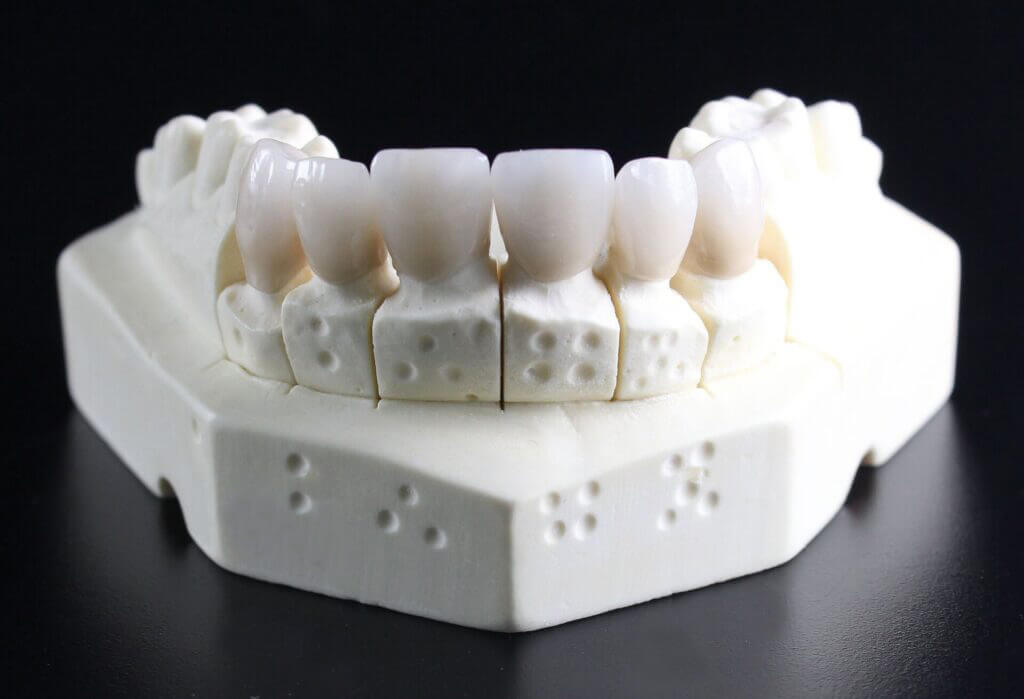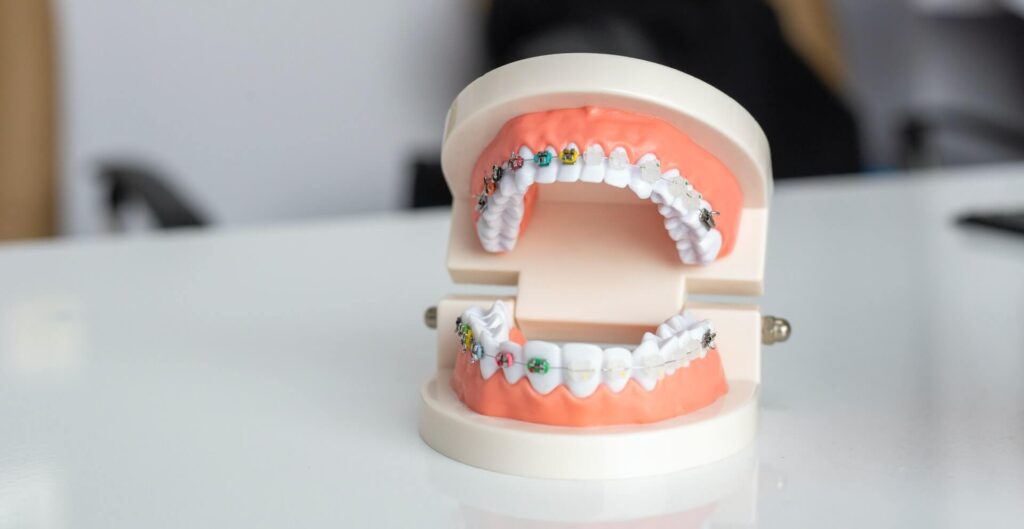All Of My Teeth Hurt Suddenly
Tooth pain can be a result of many different oral issues. If you have dental pain that lasts for more than 24-48 hours, even pain that goes away and comes back, it is considered a serious issue.Are 1 or more of your teeth hurting? Did they all start hurting at once, or was there a progression? Is the pain sharp and sudden, or dull and throbbing? Pain is an early indicator of many dental issues, so it might be difficult to diagnose if you only have pain as your symptom.

Why Are My Teeth Hurting?
If your teeth are hurting suddenly and unexpectedly, there are a number of causes:
Sensitivity To Temperature change
Our Advice
Try a dental product specifically designed to reduce tooth sensitivity such as:
- Sensodyne toothpaste (it contains the proven sensitivity reduction agent potassium nitrate 5.0%)
- Colgate Sensitive Pro-relief (its active ingredients are Arginine 8% w/w, Sodium Monofluorophosphate 1.1% w/w, Calcium Carbonate 35% w/w.)
- Crest Sensitivity toothpaste (its active ingredient is Stannous Fluoride 0.454% (0.14% W/V Fluoride Ion).
Gum Recession
Your teeth don’t just end at the gum line, the root of the tooth extends quite a ways past that. If you have gum recession, it can expose all these parts that are normally protected by the gum. You will most likely feel pain since the root of the tooth will be exposed and sensitive. You may also be experiencing pain from another condition like gum disease, which should also be checked out.
Our Advice
If the gum recession is still in its early stages, you may be able to reverse it, however, if it is at the point where it is causing pain or discomfort, immediately make a dentist appointment.
Enamel Erosion
It’s been suggested that at least 12 percent of people experience, “dentin hypersensitivity”. This can lead to more vulnerable enamel that is significantly more prone to erosion than “normal”. If you have an acidic diet or eat lots of sugar, this will make the issue even worse. Thinner enamel means more sensitive teeth and less protection. If you have thin enamel and you get a cavity, you will be at greater risk of infection.
Our Advice
You should prioritize eating a less acidic, carb-heavy diet. You don’t need to eat keto, but less sugary junk food is usually a good thing.
Tooth Decay
If you start to notice blackish/brownish spots or discoloration on your teeth, you should make a dentist appointment immediately. If it is a minor cavity, you may not even need any treatment, but for major cavities, you will have a good amount of options. One fairly easy fix for tooth decay is bonded fillings.
Our Advice
With cavities, it’s better to prevent them than treat them. Eat a balanced diet, practice good oral care 2-3 times a day, and get dental checkups every 6 months!
Gum Infection
Our Advice
If your gum disease is causing you pain or discomfort, you should immediately make an appointment. However, if the symptoms are only mild, try cutting back on sugar, and improving your oral care. Your gums may be prone to bleeding, so be gentle on them. If you notice a large amount of blood, it may be time to make an appointment.
Cracked Tooth, Filling, Or Crown
Our Advice
Having excellent dental care will help prevent this. Also, you can try fluoride dental products, if your dentist agrees it’s a good idea, to help fortify your teeth.
Sinus infection
Our Advice
Get yourself checked for Covid-19, if you are negative, head to your dentist, and maybe a doctor to see what they would recommend.
Grinding Teeth (Bruxism)
Our Advice
Talk to your dentist about what you can do, it could be a symptom of stress, or you may need a mouth guard for protection.
Dental work
Our Advice
If it is from a procedure, it should be temporary, avoid hot or cold food and drink for a few days. If the problem persists or gets worse, make an appointment.

When Should I See A Dentist?
If your teeth suddenly become sensitive in a new area, and the problem lasts for a few days, you should see a dentist. The treatment option may be as unobtrusive as switching to a toothpaste designed specifically to reduce sensitivity.
However, there are some scenarios that are significantly more critical:
- Toothache that lasts for more than 48 hours
- Throbbing or sharp, aching pain that doesn’t subside
- Migraine, or thunderclap headache that extends to your teeth
- Fever that seems to coincide with your toothache
